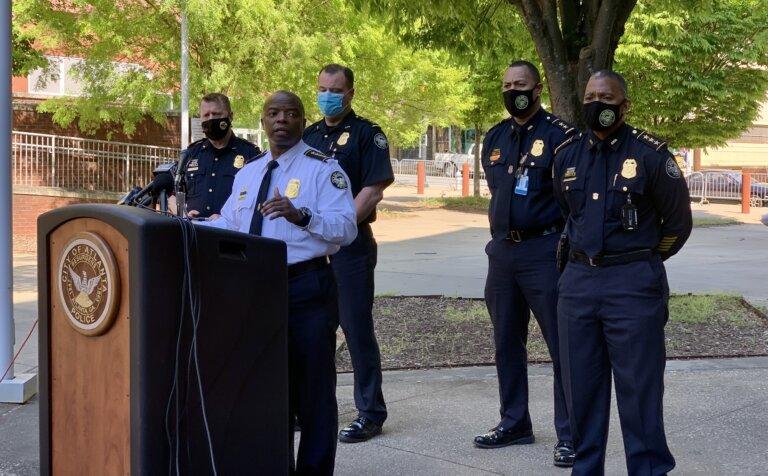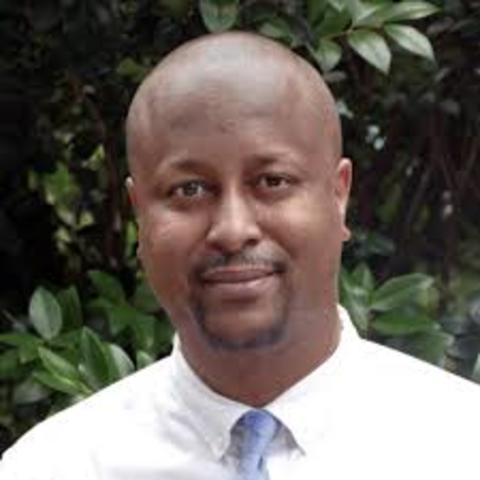
Caption
Atlanta Police Chief Rodney Bryant says his department has been in frequent communication with federal, state and local law enforcement agencies in anticipation of protests following the trial of the former Minneapolis police officer accused of killing George Floyd.
Credit: Stanley Dunlap/Georgia Recorder

